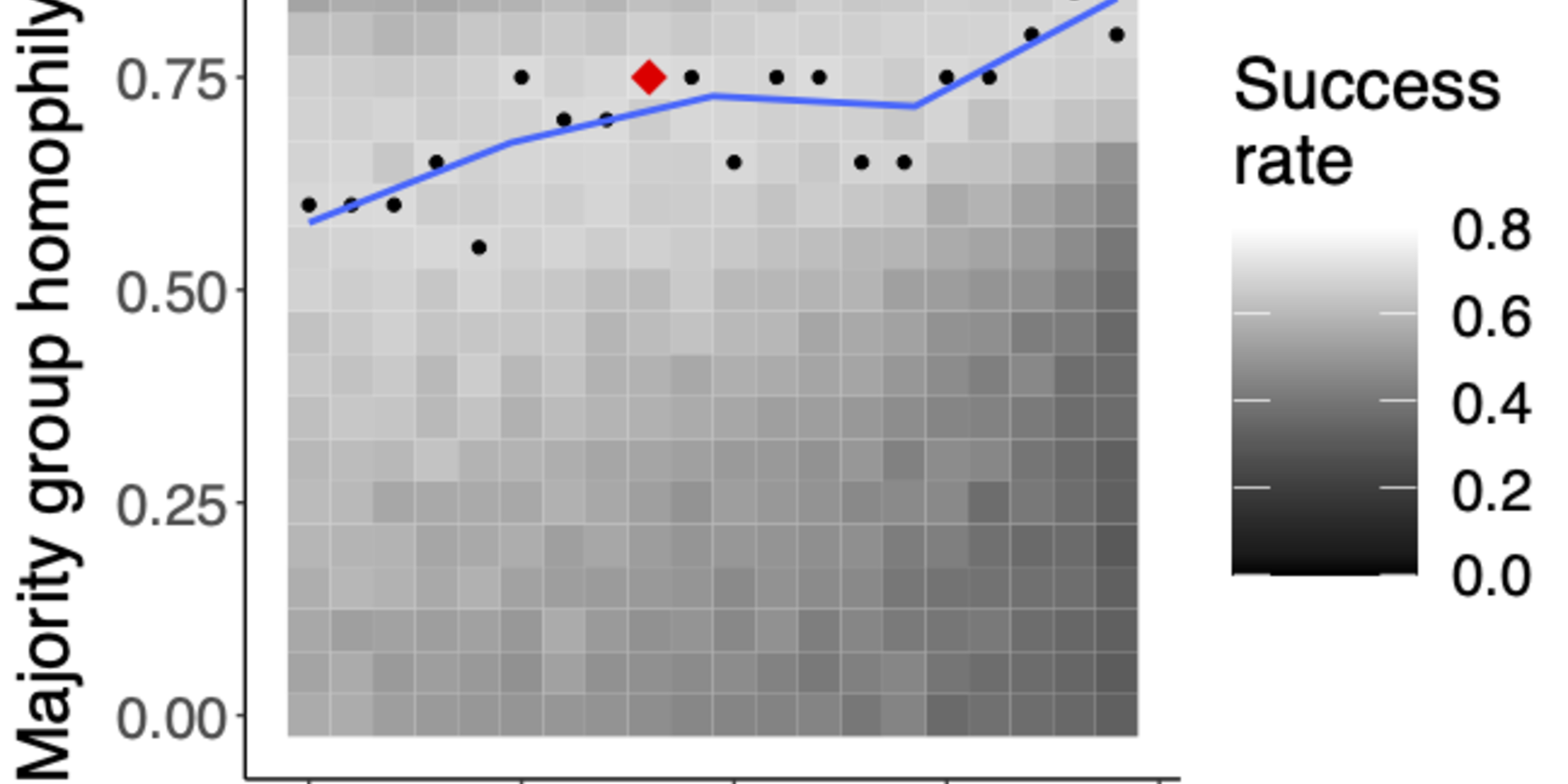Predictive Intelligence and Pandemic Prevention
In December, I was approached by program officers from NSF about an initiative called "Predictive Intelligence for Pandemic Prevention" (PIPP). The objective for this program is to gather information about what we have learned from the ongoing COVID-19 pandemic to better prepare ourselves for what are, alas, inevitable future pandemics. PIPP has four themes, each one led by a PI from one of the four participating NSF directorates (Engineering, Computer and Information Science and Engineering, Biological Sciences, and Social, Behavioral and Economic Sciences).
I am the PI for PIPP Theme 4, which is the SBE-led theme, focusing on human behavioral and policy obstacles and supports. I am collaborating closely with Co-PIs Maya Trotz from the University of South Florida, Vivek Singh from Rutgers University, and Juliet Iwelunmor from St. Louis University. A key element of this project is hosting a workshop that brings together researchers and practitioners from diverse fields to understand how human attitudes, social behavior, and the drivers underlying both, shape patterns of infectious-disease transmission and efforts at control and eradication. From this fundamental understanding, we hope to formulate pandemic prevention and control policies that anticipate both social and behavioral obstacles and supports that leave us better prepared with inevitable future pandemics.
We will be running four thematic sessions in our workshop, including:
- Cultural Transmission, Identity, and Groups
- Information, Communication, and Misinformation
- Equity, Access, and Community Engagement
- Sustainability, Longevity, and Institutional Memory of Preparations
We've got a great line-up of speakers and I'm really looking forward to this workshop and the work that will follow from it.

